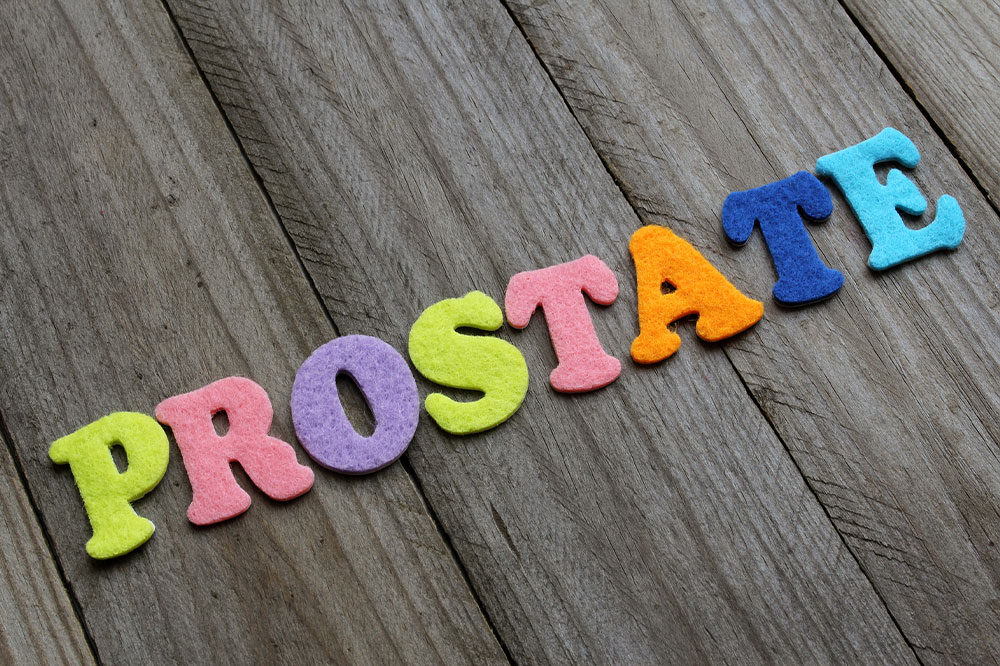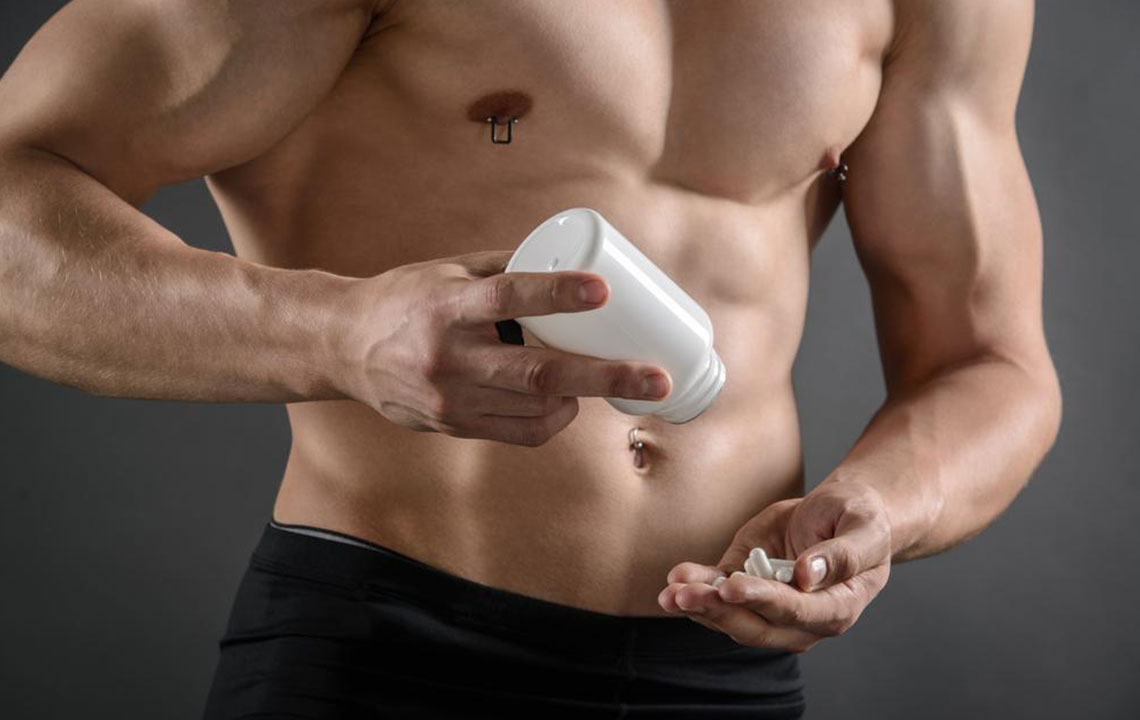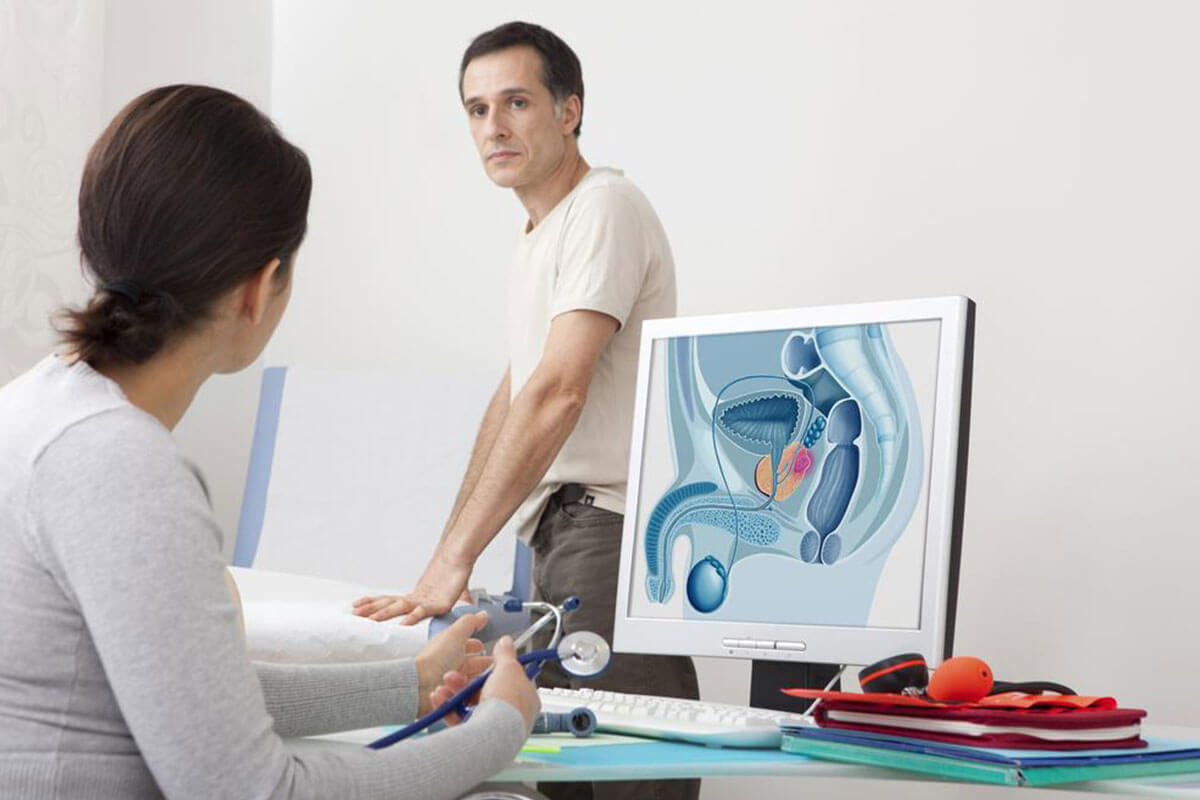Effective Ways to Cure Enlarged Prostate
As men grow older, they can experience pain due to enlarged prostate (benign prostatic hyperplasia or BPH). Acute urine retention, kidney and bladder stones, and urinary tract infections can develop from an untreated enlarged prostate. In extreme circumstances, renal damage may also be a result. To treat this condition, doctors may weigh the options depending on factors like age, prostate volume, the severity of the symptoms, or any other underlying conditions.

Treatment options
Alpha-blockers
These blockers help relax the strained bladder and prostate muscles, making urination easy. Moreover, this enlarged prostate cure option can anticipate an increase in urine flow and a decrease in the frequency of urination within a day or two.
By inhibiting the chemicals that promote prostate gland growth, this type of treatment option helps shrink the prostate gland. There are two different kinds of 5-alpha reductase inhibitors (ARI): dutasteride (Avodart) and finasteride (Proscar). With 5-alpha reductase inhibitors, symptom alleviation often takes three to six months to manifest.
Researchers claim that combining an alpha-blocker and a 5-alpha reductase inhibitor provides better symptom relief than taking either of these options alone. Combination therapy is frequently advised whenever a particular alpha-blocker or ARI does not deliver the required result independently.
Doctors frequently prescribe combinations of finasteride, doxazosin, and dutasteride with tamsulosin (Jalyn). It is administered under supervision.
Transurethral Microwave Thermotherapy
When oral treatment options are ineffective at treating the symptoms of an enlarged prostate, doctors may suggest minimally invasive surgery options. Transurethral microwave thermotherapy (TUMT) is among them. This outpatient technique uses microwave energy to heat-damage prostate tissue.
An enlarged prostate cannot be cured with TUMT alone. The technique lowers urination frequency and facilitates urination with a weak flow. The affected person might face difficulty urinating for a few days after the procedure. Also, urinary tract infection is another post-surgery complication.
Steam therapy
In water-induced thermotherapy, a catheter delivers hot water to a treatment balloon positioned in the prostate’s core. This computer-controlled treatment warms a specific prostate region while safeguarding surrounding tissues. The heat destroys the troublesome tissue, which is either eliminated from the body by urination or reabsorbed.
Laser procedure
A scope is inserted into the urethra through the penis tip during laser surgery for enlarged prostate. Prostate tissue is removed from the prostate by enucleation or ablation when a laser is sent through the scope (cutting). The laser melts the extra prostate tissue through photoselective vaporization (PVP) of the prostate.
Similar procedures exist, however the Holmium Laser Ablation of the Prostate (HoLAP) uses a different kind of laser. In this technique, the surgeon uses two tools – a laser to cut and remove excess tissue and a morcellator that slices extra tissue into manageable parts that are removed.
Uncomplicated Open Prostatectomy
Open surgery may be necessary for complex situations involving a severely enlarged prostate, bladder injury, or other issues. In a simple uncovered prostatectomy, the doctor uses the laparoscopy technique to create one or more tiny incisions in the abdomen below the navel. In a simple open prostatectomy, the surgeon merely removes the part of the prostate that is obstructing urine flow.
Surgery options
Transurethral needle ablation
In this operation, high-frequency radio waves are used to burn a particular area of the prostate. Compared to invasive surgery, transurethral needle ablation or TUNA produces greater urine flow and alleviates enlarged prostate problems with fewer side effects. The outpatient surgery may leave a burning sensation, which can be controlled by blocking the neurons in and around the prostate with an anesthetic.
Transurethral resection of the prostate
Transurethral resection of the prostate or TURP is an example of invasive surgery because it doesn’t call for open surgery or an external incision. It is the preferred procedure for enlarged prostate, according to the National Institutes of HealthTrusted Source. During the surgery, the surgeon uses a resectoscope inserted through the tip of the penis to remove the prostate tissue blocking the urethra.
Transurethral prostate incision
The transurethral prostate incision or TUIP is another technique where the surgeon makes incisions in the prostate and bladder neck to widen the urethra and increase urine flow.
Self-care measures
Not all enlarged prostate patients require extensive treatment or surgery. You can alleviate moderate symptoms or use different ways to reduce prostate size to heal enlarged prostate naturally.
Follow pelvic exercises to strengthen the pelvic area
Reduce the intake of caffeinated beverages
Do not hold the pee for a long duration
Avoid using antihistamines and decongestants.
Discuss the treatment strategy that best meets your needs with your doctor.
The main objectives of the therapy are to enhance urine flow, reduce symptoms, avoid life-threatening complications, and enhance the quality of life. For males with minor symptoms, watchful waiting is preferable. Combination therapy has helped the blockers’ clinical efficacy even more, but the long-term results of this trial are still undetermined. TUIP and less invasive procedures, including laser therapy and heat, have been reported as alternatives to traditional surgical treatment. Further novel remedies that combine old and new technologies may improve the results for enlarged prostate cure.




